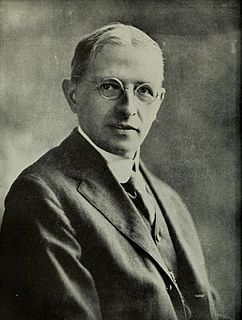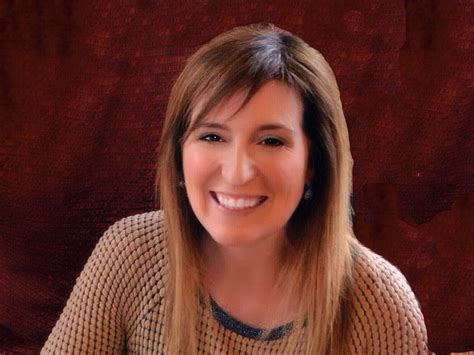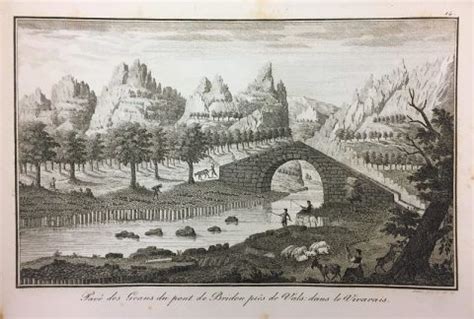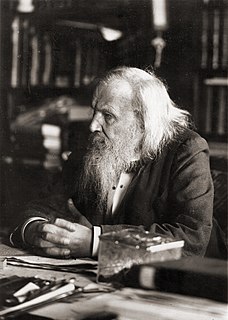A Quote by Henry Norris Russell
Just what future the Designer of the universe has provided for the souls of men I do not know, I cannot prove. But I find that the whole order of Nature confirms my confidence that, if it is not like our noblest hopes and dreams, it will transcend them.
Related Quotes
Not only does the universe have its own laws, all of them indifferent to the contradictory dreams and desires of humanity, and in the formulation of which we contribute not one iota, apart, that is, from the words by which we clumsily name them, but everything seems to indicate that it uses these laws for aims and objectives that transcend and always will transcend our understanding.
Ere many generations pass, our machinery will be driven by a power obtainable at any point of the universe. This idea is not novel... We find it in the delightful myth of Antaeus, who derives power from the earth; we find it among the subtle speculations of one of your splendid... Throughout space there is energy. Is this energy static or kinetic! If static our hopes are in vain; if kinetic - and this we know it is, for certain - then it is a mere question of time when men will succeed in attaching their machinery to the very wheelwork of nature.
Faith is indeed the energy of our whole universe directed to the highest form of being. Faith gives stability to our view of the universe. By faith we are convinced that our impressions of things without are not dreams or delusions, but, for us, true representations of our environment. By faith we are convinced that the signs of permanence, order, progress, which we observe in nature are true. By faith we are convinced that fellowship is possible with our fellow man and with God.
We spend our whole lives worrying about the future, planning for the future, trying to predict the future, as if figuring it out will cushion the blow. But the future is always changing. The future is the home of our deepest fears and wildest hopes. But one thing is certain when it finally reveals itself. The future is never the way we imagined it.
Our nostalgic dreams of perfection thrive just as dangerously in the other direction too, in the imaginary future, that bold and tantalizing future where the troubles of today will be cured by a tomorrow, and all our losses will be recouped, our problems solved, our lives restored, our people made whole again, etc.
And when he [the author of the universe] had compounded the whole, he divided it up into as many souls as there are stars, and allotted each soul to a star. And mounting them on their stars, as if on chariots, he showed them the nature of the universe and told them the laws of their destiny. - "Timaeus" by Plato 427-347 B.C.
If we could sufficiently understand the order of the universe, we should find that it exceeds all the desires of the wisest men, and that it is impossible to make it better than it is, not only as a whole and in general but also for ourselves in particular, if we are attached, as we ought to be, to the Author of all, not only as to the architect and efficient cause of our being, but as to our master and to the final cause, which ought to be the whole aim of our will, and which can alone make our happiness.
In geology we cannot dispense with conjectures: [but] because we are condemned to dream let us ensure that our dreams are like those of sane men-e.g. that they have their foundations in truth-and are not like the dreams of the sick, formed by strange combinations of phantasms, contrary to nature and therefore incredible.
We know not of the future, and cannot plan for it much. But we can hold our spirits and our bodies so pure and high, we may cherish such thoughts and ideals, and dream such dreams of lofty purpose, that we can determine and know what manner of men we will be whenever and wherever the hour stricks that calls to noble action..., No man becomes suddenly different from his habit and cherished thought.
There are two men in each one of us: the scientist, he who starts with a clear field and desires to rise to the knowledge of Nature through observations, experimentation and reasoning, and the man of sentiment, the man of belief, the man who mourns his dead children, and who cannot, alas, prove that he will see them again, but who believes that he will, and lives in the hope – the man who will not die like a vibrio, but who feels that the force that is within him cannot die.
The truth is that there are no good men, or bad men,' he said. 'It is the deeds that have goodness or badness in them. There are good deeds, and bad deeds. Men are just men - it is what they do, or refuse to do, that links them to good and evil. The truth is that an instant of real love, in the heart of anyone - the noblest man alive or the most wicked - has the whole purpose and process and meaning of life within the lotus-folds of its passion. The truth is that we are all, every one of us, every atom, every galaxy, and every particle of matter in the universe, moving toward God.





































